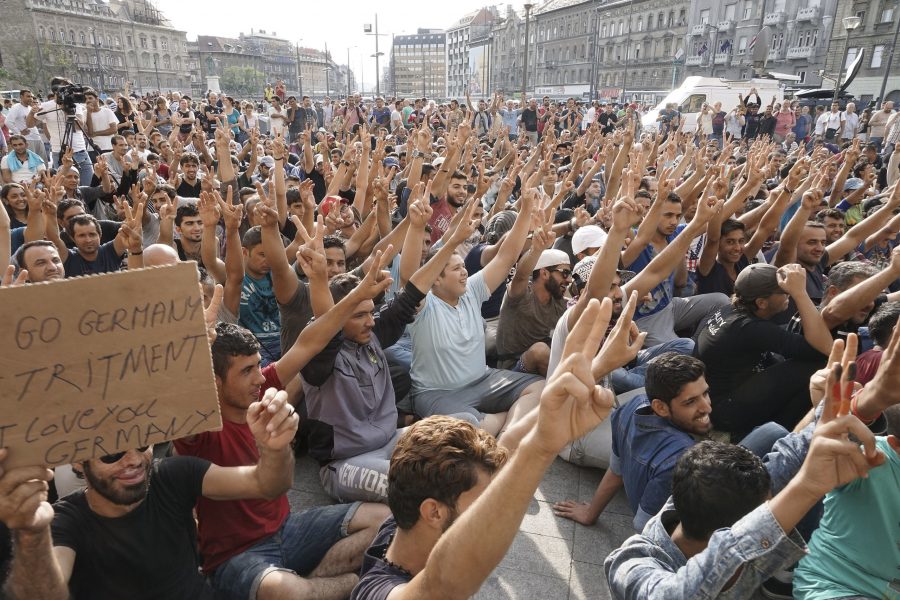Since 2011, over four million Syrian citizens have left their country in search of safety outside its borders. Widespread conflict, in addition to attacks from a multitude of external parties, have rendered the country unsafe for civilians, forcing millions to leave their homes and seek safety elsewhere.
In March of 2011, tensions in Syria reached an all-time high as pro-democracy groups rallied against President Bashar Al-Assad and the Syrian government. The conflict was sparked when government forces opened fire on demonstrators, killing several and causing even more to flood the streets. Within the month, the protests had devolved into all-out civil war. By July, hundreds of thousands of people filled the streets in support of revolutionary groups. The fighting continued to escalate over the course of four years, and by August 2015 the United Nations disclosed that the Syrian death count totaled over 250,000. The conflict has caused a migration crisis on a scale of that rivals the second World War. In 2015 alone, more than a million refugees migrated to Europe. Gateway countries such as Greece are overloaded with refugees, far more than they can accommodate. The fighting is not ceasing and the conflict does not appear to have an immediate solution; therefore, we must evaluate our current policies for refugee assistance. The United States has given over four billion dollars in relief aid, but a recent New York Times analysis shows that only 1,800 refugees allowed into the country in addition to the 2,600 already here that were granted a temporary protected status. While President Obama has stated that the United States will accept five times as many Syrian refugees this year as we have since 2012, an important question still remains: should we be doing more?
The United States can and should do more to alleviate the migrant crisis. As active participants in the fighting that is displacing so many people, we are under a moral responsibility to ensure these civilians are as safe as possible. This extends further than simply sending money for relief; it requires cooperation between us and the European countries in allocating migrants to safe areas. Possible solutions might include evenly distributing migrants to involved nations, or dedicating a larger portion of relief funds to relocating and resettling refugees. But our obligations don’t stop with Syrian refugees. U.S. involvement in neighboring countries has left many failed states and partially constructed governments struggling to stabilize their countries as well as deal with the massive influx of refugees. It is our responsibility to assist these countries in redirecting migrants and regaining some stability. The U.S. is already involved in this war and we must do our part to get the millions of displaced people to safety.








